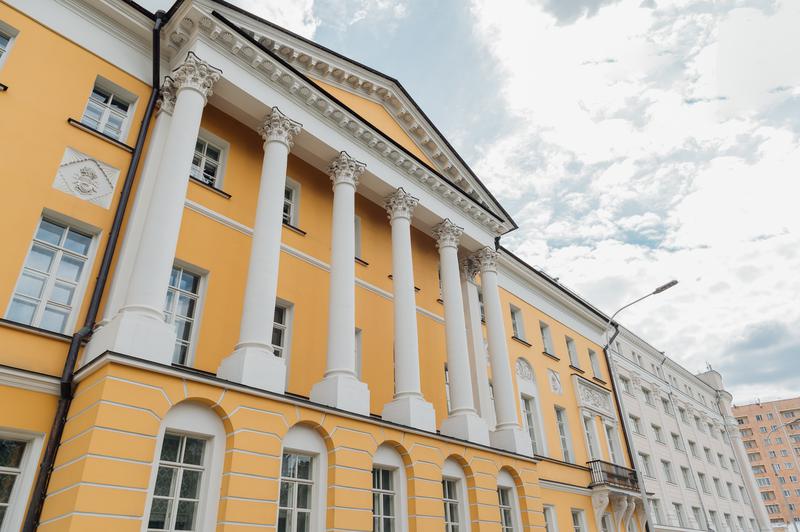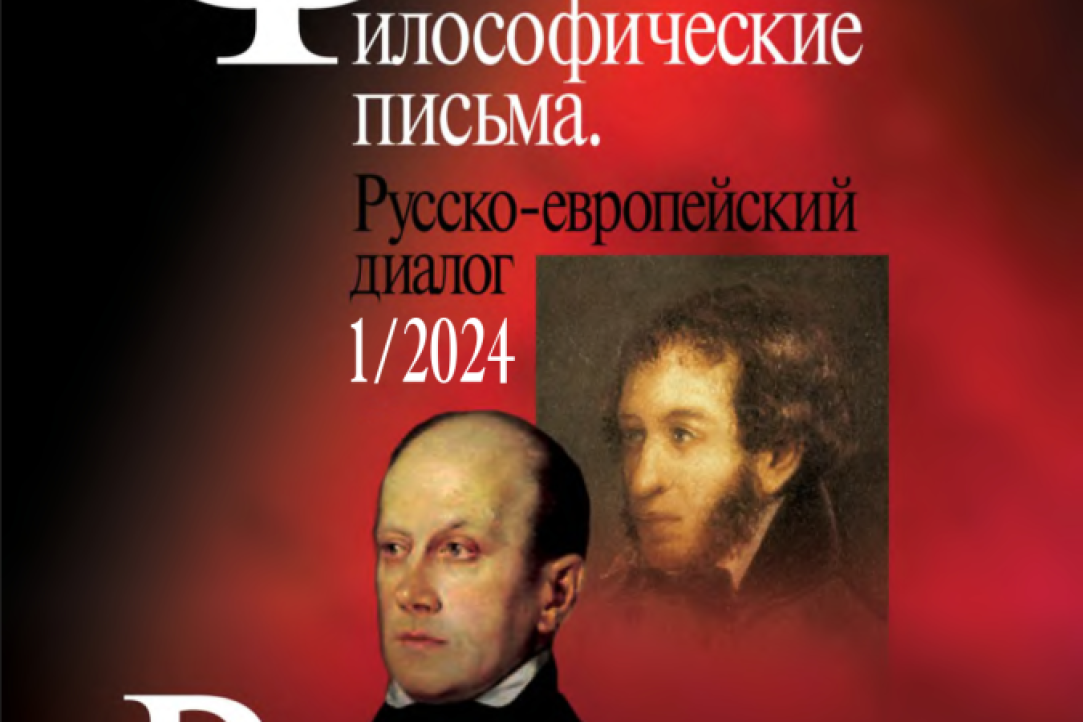The Faculty of Humanities was created on December 1, 2014. It trains instructors and researchers in the field of language and literature, as well as specialists in philosophy, history, and modern culture.
The main goal of the faculty is to teach students how to understand and analyse various cultural processes, employ current research strategies, and effectively put their knowledge into practice.
The faculty’s staff are leading Russian academics and practitioners from various cultural fields, as well as invited foreign specialists. Students receive a modern education in the humanities, as well as thorough language preparation, which allows them to find extensive professional opportunities upon graduation. Students are given the opportunity to conduct research and gain practical experience at major private and public establishments.
Our strengths:
1. Interdisciplinary approach
We study the humanities alongside other academic fields so that students can apply their skills in various areas.
2. International cooperation
We maintain active international ties, which allows students to undertake internships and study abroad, as well as broaden their outlook and cultural experiences.
3. Research
We encourage and support student participation in research projects. This gives them an opportunity to apply their knowledge in practice and make a contribution to the development of the humanities.
Our graduates pursue careers in public and commercial organisations and various types of mass media. They also implement their own media, cultural, social, and educational projects.
Publications
-
Book
The T-Stems in Soqotri
The book presents the results of a field research on the verbal system of Soqotri, a little-known language spoken on the island of Soqotra in the Arabian sea and belonging to the Modern South Arabian branch of Semitic. The investigation focuses on the so-called T-stems (marked by the infix -t-), mostly employed as derivational means of detransitivisation. The book contains comprehensive descriptions of their synchronic morphology and semantics, as well as an evaluation of their origin, taking into consideration the data from the major branches of Semitic languages. The diachronic dimension involves both the morphological reconstruction and reflections on the semantic development of T-stems in Semitic. Simultaneously, the study is a contribution to the general typology of detransitivising derivation in the languages of the world.
Leiden: Brill, 2024.
-
Article
Instance Segmentation of Characters Recognized in Palmyrene Aramaic Inscriptions
This study presents a single-class and multi-class instance segmentation approach applied to ancient Palmyrene inscriptions, employing two state-of-the-art deep learning algorithms, namely YOLOv8 and Roboflow 3.0. The goal is to contribute to the preservation and understanding of historical texts, showcasing the potential of modern deep learning methods in archaeological research. Our research culminates in several key findings and scientific contributions. We comprehensively compare the performance of YOLOv8 and Roboflow 3.0 in the context of Palmyrene character segmentation—this comparative analysis mainly focuses on the strengths and weaknesses of each algorithm in this context. We also created and annotated an extensive dataset of Palmyrene inscriptions, a crucial resource for further research in the field. The dataset serves for training and evaluating the segmentation models. We employ comparative evaluation metrics to quantitatively assess the segmentation results, ensuring the reliability and reproducibility of our findings and we present custom visualization tools for predicted segmentation masks. Our study advances the state of the art in semi-automatic reading of Palmyrene inscriptions and establishes a benchmark for future research. The availability of the Palmyrene dataset and the insights into algorithm performance contribute to the broader understanding of historical text analysis.
CMES - Computer Modeling in Engineering and Sciences. 2024. Vol. 140. No. 3. P. 2869-2889.
-
Book chapter
Back to Basics: Does Geomancy Still Influence Urban Sustainability in North Korea?
The chapter examines how sustainable urban development was traditionally achieved in the settlements of the northern part of Korea. First, it provides an overview of the basics of urban sustainability. Second, the chapter details the history of urban sustainability in premodern Korea. Finally, the chapter analyzes whether p’ungsu chiri sŏl, also referred to as p’ungsu, helped Korean cities acquire their sustainability. Undoubtedly, the term “urban sustainability” is a product of the modern era, but this chapter explores how Korean states considered urban sustainability from a historical perspective. Ever since the late Silla period, Koreans carefully followed the rules of p’ungsu chiri sŏl, a “geographical theory of wind and water,” also known as the Korean variation of feng shui. In Korea, this theory developed its own traits, apart from the Chinese original. The p’ungsu chiri sŏl worldview explained many facets for living a prosperous life, including how to select sites for tombs, dwellings, and cities. The theory penetrated deeply into the Korean state political system, Korean philosophy, and Korean culture, and it still influences society on both sides of the Korean Peninsula. In short, p’ungsu chiri sŏl appears to have helped bring about a robust, unique form of Korean urban sustainability.
In bk.: Pursuing Sustainable Urban Development in North Korea. Routledge, 2024. Ch. 12. P. 165-175.
-
Working paper
Dynamic Epistemic Logic of Resource Bounded Information Mining Agents
Logics for resource-bounded agents have been getting more and more attention in recent years since they provide us with more realistic tools for modelling and reasoning about multi-agent systems. While many existing approaches are based on the idea of agents as imperfect reasoners, who must spend their resources to perform logical inference, this is not the only way to introduce resource constraints into logical settings. In this paper we study agents as perfect reasoners, who may purchase a new piece of information from a trustworthy source. For this purpose we propose dynamic epistemic logic for semi-public queries for resource-bounded agents. In this logic (groups of) agents can perform a query (ask a question) about whether some formula is true and receive a correct answer. These queries are called semi-public, because the very fact of the query is public, while the answer is private. We also assume that every query has a cost and every agent has a budget constraint. Finally, our framework allows us to reason about group queries, in which agents may share resources to obtain a new piece of information together. We demonstrate that our logic is complete, decidable and has an efficient model checking procedure.arxiv.org. Computer Science. Cornell University, 2024

.jpg)


